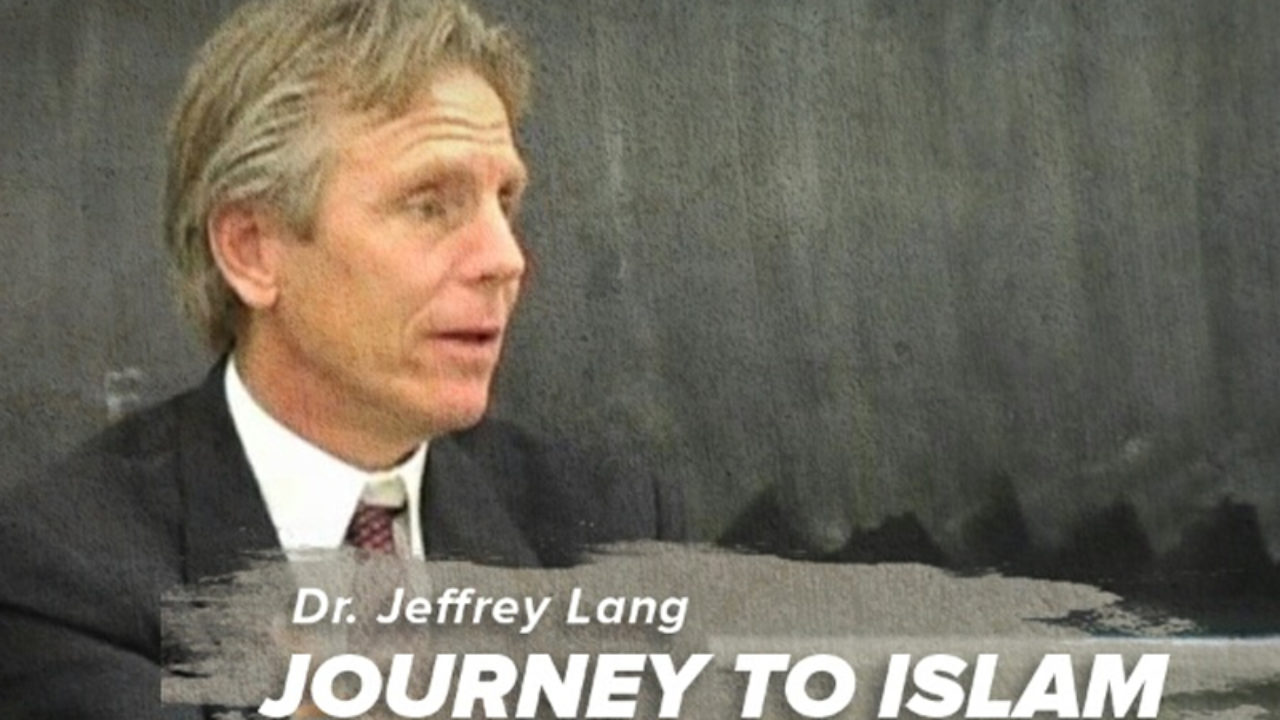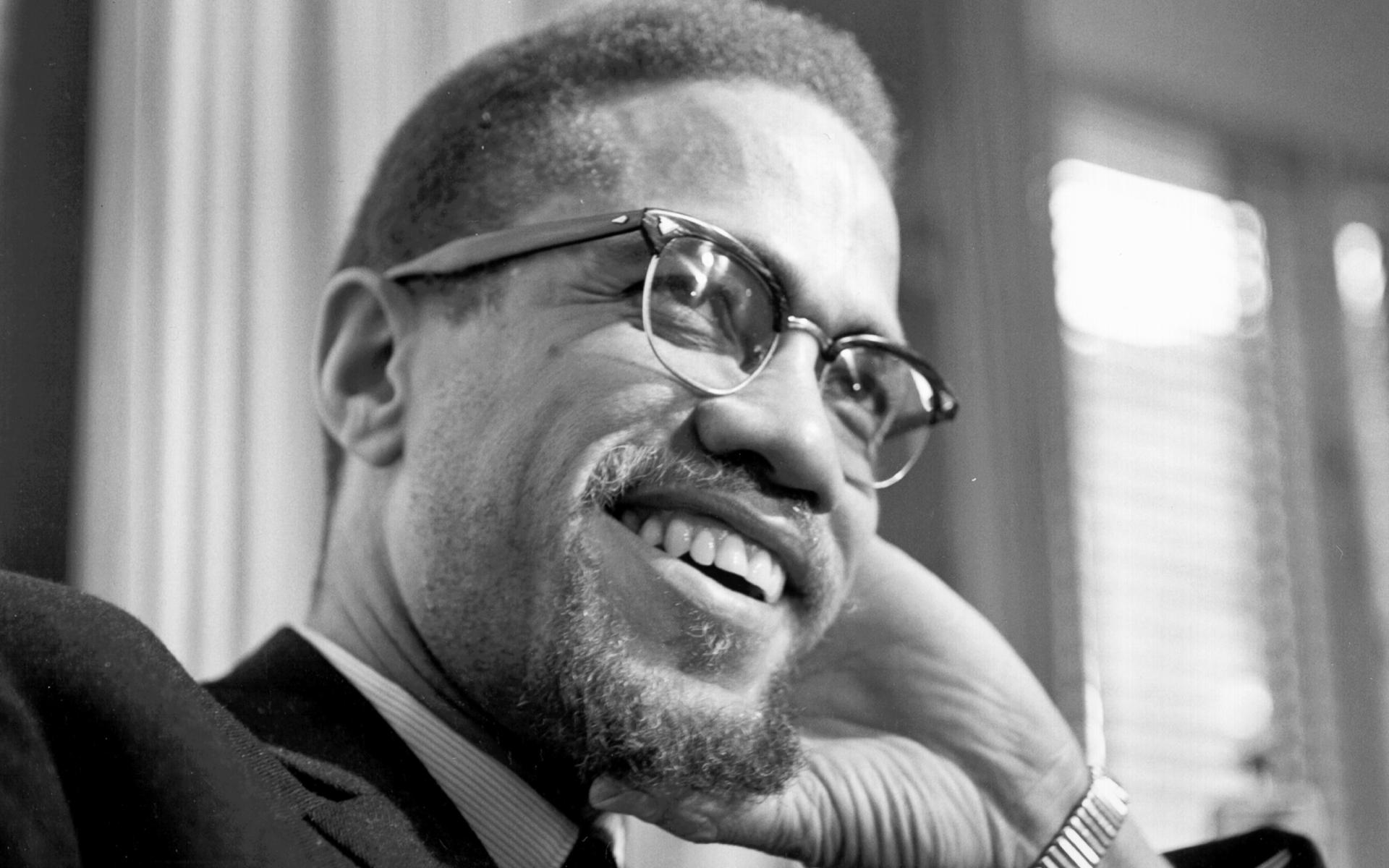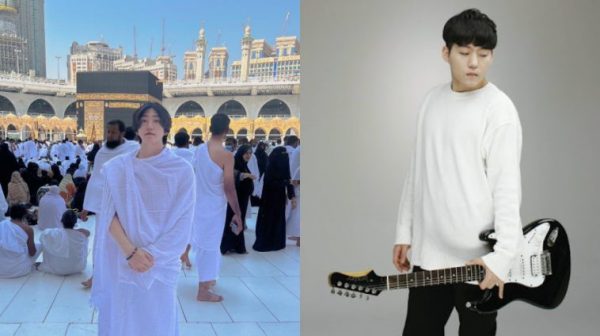
👶 Early Life and Atheism
Dr. Jeffrey Lang was born on January 30, 1954, in Bridgeport, Connecticut, USA. Raised in a Roman Catholic household, he spent his early years deeply immersed in religious traditions. However, as he reached his teenage years, he began to struggle with questions of faith, suffering, and divine justice.
By the age of 16, he had formally rejected Christianity and became an atheist, believing that religion could not adequately answer the big questions of life — particularly about evil, suffering, and purpose. Like many intellectuals, he turned to science and reason for clarity and stability.
“I saw religion as a collection of man-made myths.”
— Dr. Jeffrey Lang
📘 Academic Career and Intellectual Search
Dr. Lang pursued his higher education at Purdue University, where he completed his Ph.D. in Mathematics. Later, he became a Professor of Mathematics at the University of Kansas. His field demanded logic, precision, and structure — and he believed that rational thought was enough to lead a meaningful life.
Yet, despite success in his academic life, he felt an inner emptiness. He later described this period as emotionally hollow, lacking in purpose and deep spiritual satisfaction.
📖 First Encounter with Islam
Dr. Lang’s first meaningful exposure to Islam came in the early 1980s, when he was teaching at San Francisco State University. One day, he met a Saudi student named Mahmoud Qandeel who gifted him a copy of the Qur’an. Although skeptical at first, Dr. Lang began to read it — with a critical, analytical eye.
“As I read the Qur’an, I felt as though the author knew exactly what I was thinking.”
He found the Qur’an uniquely interactive. It seemed to anticipate the questions in his heart and mind — questions about life, death, morality, and existence. Unlike previous scriptures he had encountered, the Qur’an engaged him intellectually and emotionally.
🌙 Conversion to Islam
The more he read, the more the Qur’an challenged his worldview. It didn’t ask for blind belief — it invited reason, reflection, and honesty. After two years of personal study, meditation, and private prayer, Dr. Lang accepted Islam in 1982.
“In the Qur’an, I found a directness, a purity, and a clarity that stunned me.”
He began praying five times a day, started fasting during Ramadan, and learned Arabic to better understand the Qur’an in its original language.
🧠 Struggles and Growth as a New Muslim
As a convert, Dr. Lang faced many emotional and social challenges. He struggled with:
- Cultural differences within Muslim communities
- Questions about traditional Islamic practices
- Balancing faith and rational thought
Yet these struggles only deepened his understanding and commitment. He described prayer (Salah), especially Fajr (dawn prayer), as a spiritual anchor that brought him peace.
📚 Books and Public Influence
Dr. Lang went on to write several powerful books, primarily for Western Muslims and non-Muslims exploring Islam:
- Struggling to Surrender (1994)
– His personal journey to Islam and early challenges as a Muslim - Even Angels Ask
– A philosophical dialogue between belief and skepticism - Losing My Religion: A Call for Help
– A response to crises of faith in modern Muslim youth
These books have helped thousands of Muslims and seekers navigate faith, doubt, and spiritual growth.
🎤 Legacy and Message
Dr. Lang continues to teach mathematics and speak at Islamic conferences and interfaith events across the world. He’s admired for his:
- Intellectual honesty
- Balanced view of Islam and science
- Support for converts and struggling Muslims
“Islam is not a religion that closes minds. It opens them.”
🕌 Key Lessons from His Journey
- Doubt can lead to truth when one seeks sincerely
- Islam welcomes reason and doesn’t fear questions
- Faith is not inherited—it’s discovered

